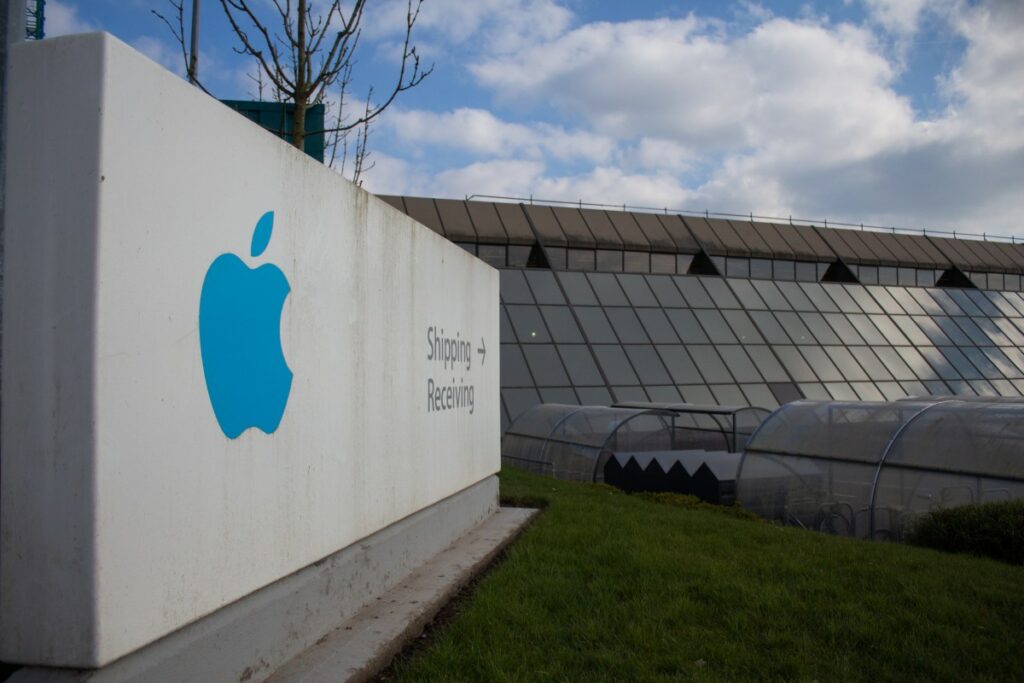Pioneertown, California, was originally constructed as a fully-functioning movie set for low-budget Westerns in the 1940s. About 400 people still call it home. (Matthew Field, CC BY-SA 3.0)
“Selling Sunset” is a guilty pleasure watch for a lot of our team. It’s an addictive fantasy of extreme wealth. The discerning viewer understands these shows tend to play up the on-screen drama, but the eighth season of “Selling Sunset” came with off-camera disputes as well.
The Oppenheim Group’s newest real estate agent, Alanna Gold, introduced herself to co-workers by bragging about how she “owns a little Western town in the desert … called Pioneertown.” Her castmate replies, “I didn’t know you could buy a town.”
Hollywood investors developed Pioneertown, California, located 140 miles east of Los Angeles, as an 1880s-themed movie set for low-budget Westerns, complete with fully functioning businesses, including a grocery store, restaurants and hotels. More than 50 movies filmed there in the 1940s and ‘50s. When Westerns fell out of fashion, most residents left, save a few hundred.
So when some Pioneertown residents got wind of what Gold claimed on the show, they took to Instagram, and issued a joint statement to clarify that Gold’s holdings occupied less than 1% of Pioneertown’s total 640 acres.
Gold apologized for overstating her real estate, but the idea of buying up an entire town isn’t as far-fetched as you might think. Plenty of ghost towns have hit the market, including Cerro Gordo, California; Buford, Wyoming, and Bankersmith, Texas.
These deals tend to attract a unique kind of buyer who wants to preserve or revive the towns to their former glory. But revitalization isn’t cheap or easy. Many owners learn the hard way why their ghost towns were abandoned in the first place.
The Numbers
China officially ended more than three decades of international child adoptions last week, with blood relatives of Chinese nationals the only exceptions. Let’s do the numbers.
1992
China opened to international adoption in 1992. The one-child policy, in place from 1979 to 2015, led families to relinquish thousands of children, most of them girls, fearing heavy fines, job loss and infanticide.
2 trillion yuan
Demographer He Yafu estimates the Chinese government collected around 2 trillion yuan ($282 billion) in fines for extra children (“social maintenance fees”) between 1980 and 2012.
160,000
Over 160,000 children were adopted from China worldwide in the past 30 years. The U.S. State Department reported that more than half ended up with families in America.
$40,000
Adoption from China could cost adoptive parents up to $40,000 with agency fees, travel costs, orphanage donations and other expenses.
1%
The decision to end international adoption comes as China’s population is falling. A shrinking labor force will lead to a 1% decline in the country’s economic growth every year for the next 10 years, according to research firm BMI Country Risk & Industry Analysis.
None of us is as smart as the rest of us
The first and perhaps only presidential debate between former President Donald Trump and Vice President Kamala Harris occurred this week, during which the candidates presented their contrasting visions for the U.S. economy. Here’s Marketplace’s recap, along with some smart reads with helpful context.
Tax cuts galore, but for whom exactly?
Harris and Trump both claim they’d cut taxes, albeit for very different groups. Vox breaks down the proposals and why both tax plans would likely fail, thanks to gridlock in Congress.
Politics doesn’t have to be zero sum
This Washington Post column (gift link) was published a week before the debate, but it’s still relevant. The op-ed delves into how progressive and conservative politicians increasingly frame their policies in terms of winners and losers. But economics teaches us there are many ways to create win-win scenarios.
The truth about tariffs
Ask an economist how tariffs work, and they’ll put it plainly: Tariffs are taxes. Read this CNN fact check about why Trump’s statements about tariffs during the debate were inaccurate, especially on how they affect American consumers.
There’s a lot happening in the world. Through it all, Marketplace is here for you.
You rely on Marketplace to break down the world’s events and tell you how it affects you in a fact-based, approachable way. We rely on your financial support to keep making that possible.
Your donation today powers the independent journalism that you rely on. For just $5/month, you can help sustain Marketplace so we can keep reporting on the things that matter to you.
Source link : https://www.marketplace.org/2024/09/13/why-apple-owes-ireland-14-billion-in-taxes/
Author :
Publish date : 2024-09-13 07:00:00
Copyright for syndicated content belongs to the linked Source.
